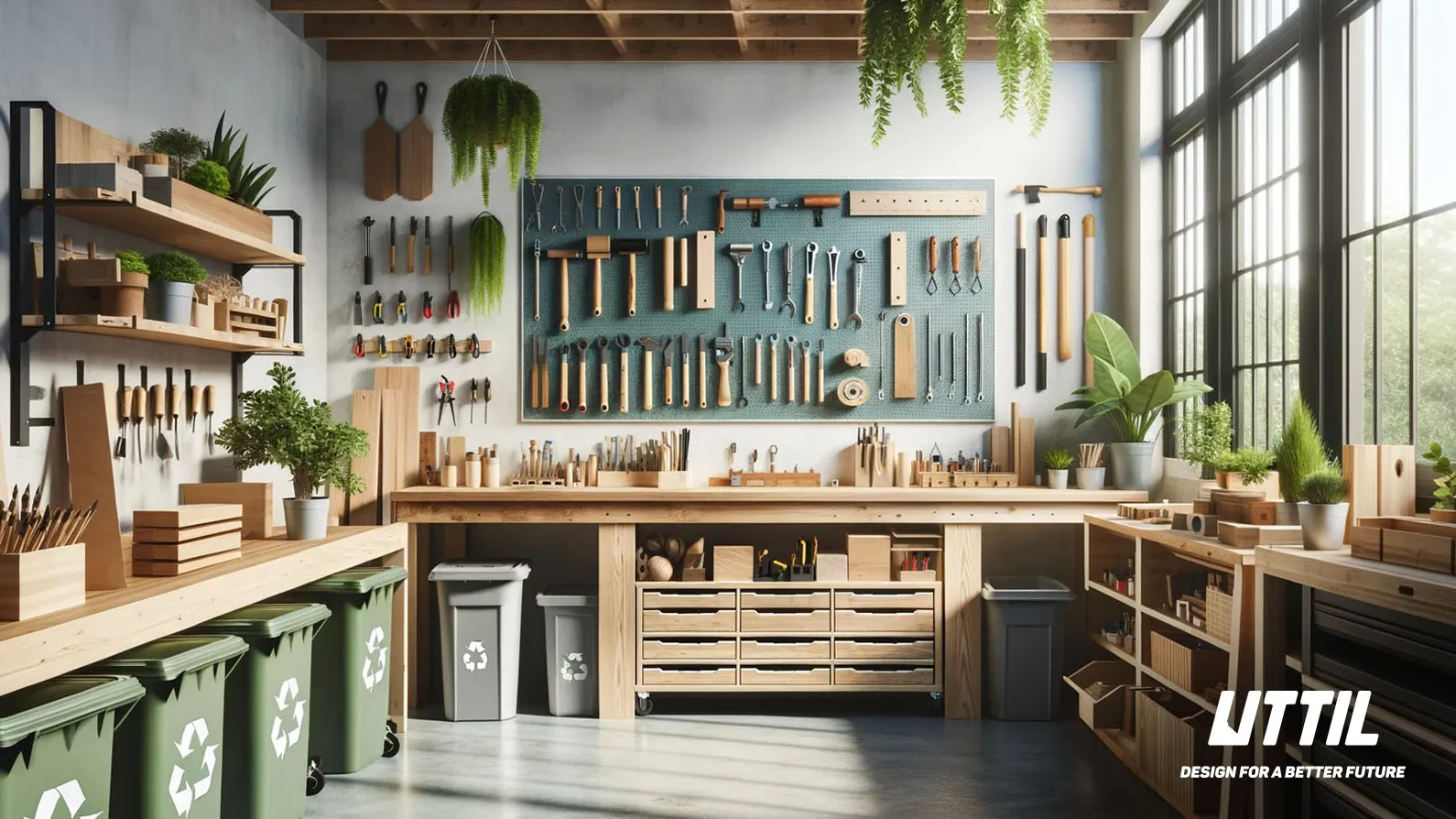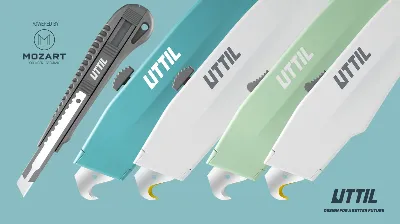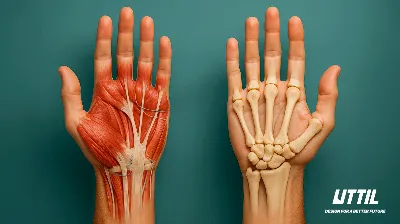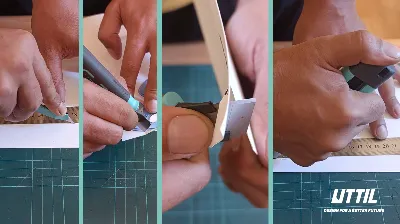Sustainable Workshops: How to Create an Eco-Friendly Workspace?
Creating a
sustainable workshop has become paramount in today's environmentally conscious
world. Whether you are a professional craftsperson, a DIY enthusiast or a small
business owner, making conscious choices about the tools you use and the layout
of your workspace can significantly impact your ecological footprint. This
article will explore how to create an eco-friendly workspace, focusing on hand
tools such as utility knives and box cutters, and include insights from leading
manufacturers such as UTTIL.
1. Adopt High Quality, Sustainable Tools
Choosing
high-quality, durable tools is the first step to achieving a sustainable
workshop. A responsible hand tool manufacturer like UTTIL prioritises
functionality and environmental responsibility, recognising the importance of
sustainability in the design, production and use processes. UTTIL's
utility knives and hand tools are built to last, reducing the frequency of
replacement and minimising waste.
2. Choose Environmentally Friendly Materials
When it
comes to hand tools, the materials from which they are made are a crucial
factor. It is vital to favour products made from recycled or sustainable
materials. UTTIL is an excellent example of a manufacturer committed to
using environmentally friendly materials in its utility knives and shows how
they can contribute to a greener workplace.
3. Implement Energy-Efficient Lighting and Appliances
Creating an
eco-friendly workshop requires more than just the right tools. You can make a
significant difference by opting for LED lighting, which consumes less energy
and lasts longer than traditional bulbs. Additionally, using energy-efficient
appliances, such as kettles or power tools, can help reduce the workshop's
carbon footprint.
4. Waste Management: Reduce, Reuse, Recycle
A
well-designed waste management system is crucial for responsible and
sustainable living. Implementing separate bins for recyclables, compost, and
landfill waste will encourage responsible disposal and ensure that recyclable
materials are not sent to landfills. Reusing materials wherever possible is
also an effective way to reduce waste and minimise the use of natural
resources. When materials cannot be reused, recycling should be the next step
to reduce environmental harm.
5. Digital Documentation Over Paper
The
transition to digital documentation can significantly reduce paper use and
promote sustainability. Where printing is required, using sustainably sourced
or recycled paper and environmentally friendly inks can minimise environmental
impact.
6. Sustainable Storage Solutions
Use storage
solutions made from recycled or sustainable materials. Shelving and containers
from recycled plastics or sustainably sourced wood can be functional and
environmentally friendly.
7. Natural Cleaning Products
Opt for
natural, biodegradable cleaning products. This reduces the introduction of
harmful chemicals into the environment and ensures a safer workspace.
8. Encourage Eco-Friendly Commuting
If you have
employees, encourage them to use eco-friendly commuting options like cycling,
walking, or carpooling.
9. Invest in Renewable Energy
One of the
most effective ways to reduce your workshop's carbon footprint is by investing
in renewable energy sources like solar panels. By harnessing the sun's power,
you can generate clean energy to power your workshop, significantly reducing
your reliance on fossil fuels. Solar panels are a long-term investment that can
help you save money on energy bills while contributing to a sustainable
future for our planet. Not only will you reduce your carbon emissions, but
you'll also be setting an example for others in your community to follow.
10. Continuous Education
As a
responsible workshop owner, staying updated on sustainable practices and
consistently exploring opportunities to enhance your workshop's environmental
impact is essential.
In conclusion, creating a sustainable workspace is a multifaceted approach that goes beyond just choosing the right tools. It's about creating an environment that respects and nurtures our planet.
Manufacturers like UTTIL, with their
eco-friendly utility knives and box cutters, demonstrate how the right tool
choices can be a cornerstone in this endeavour. Everyone can turn their
workshop into a sustainability paradise by following the necessary steps.








